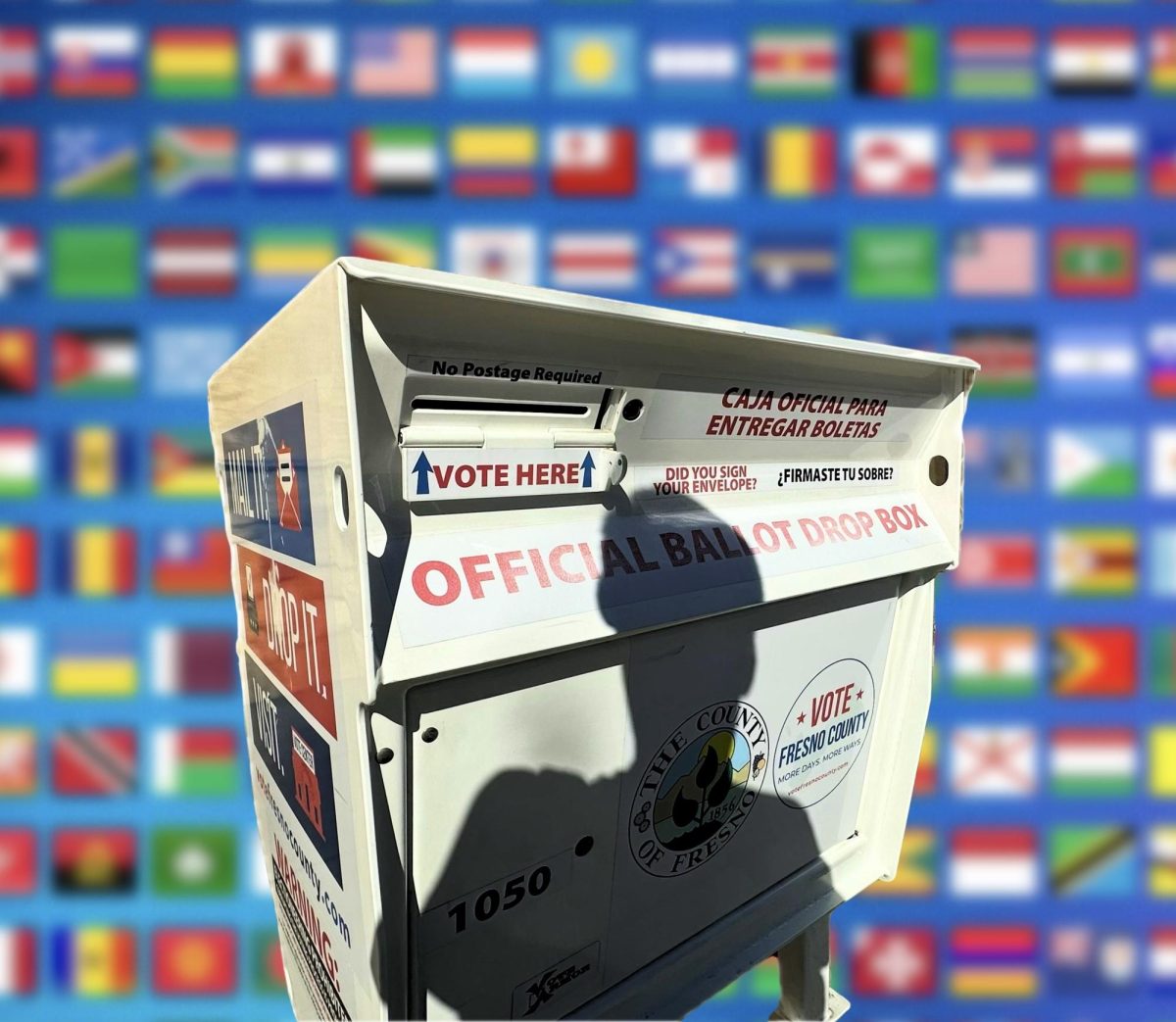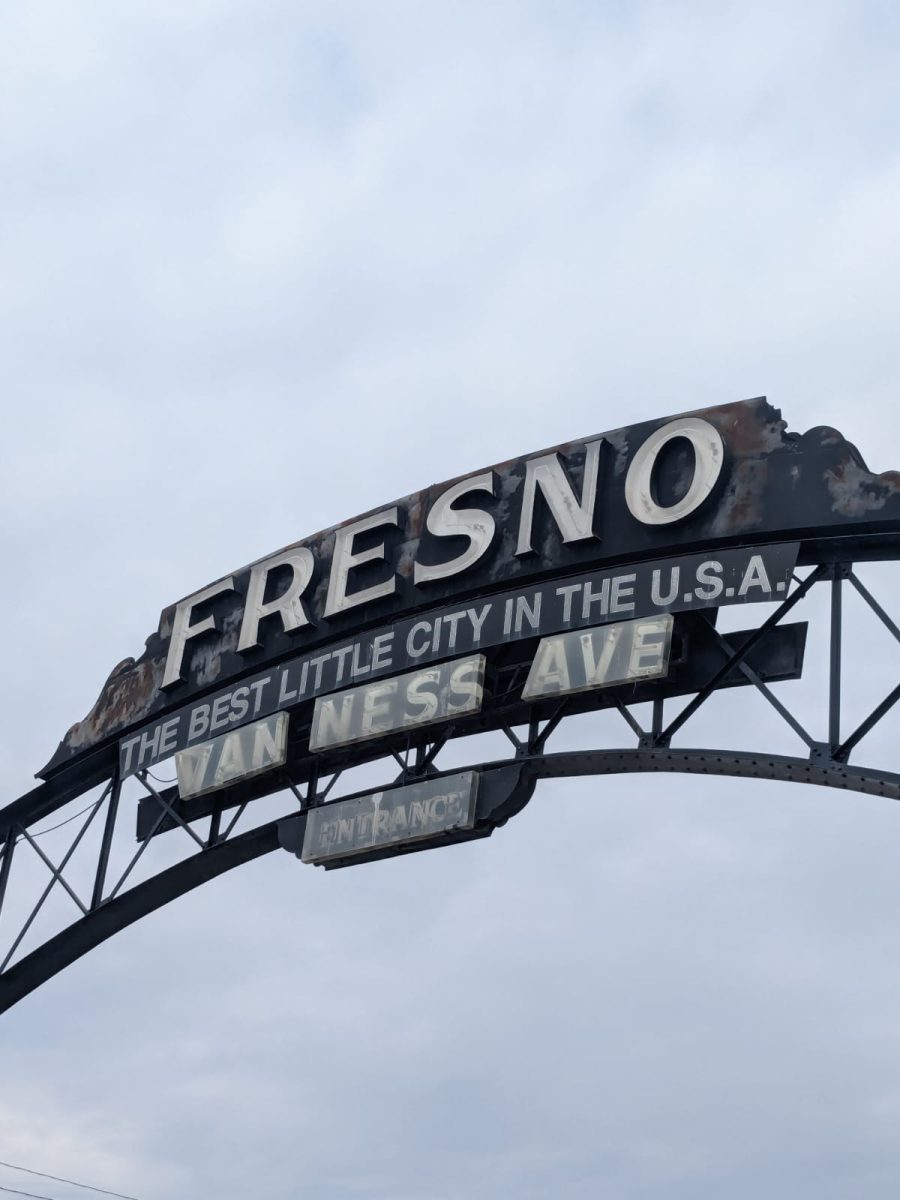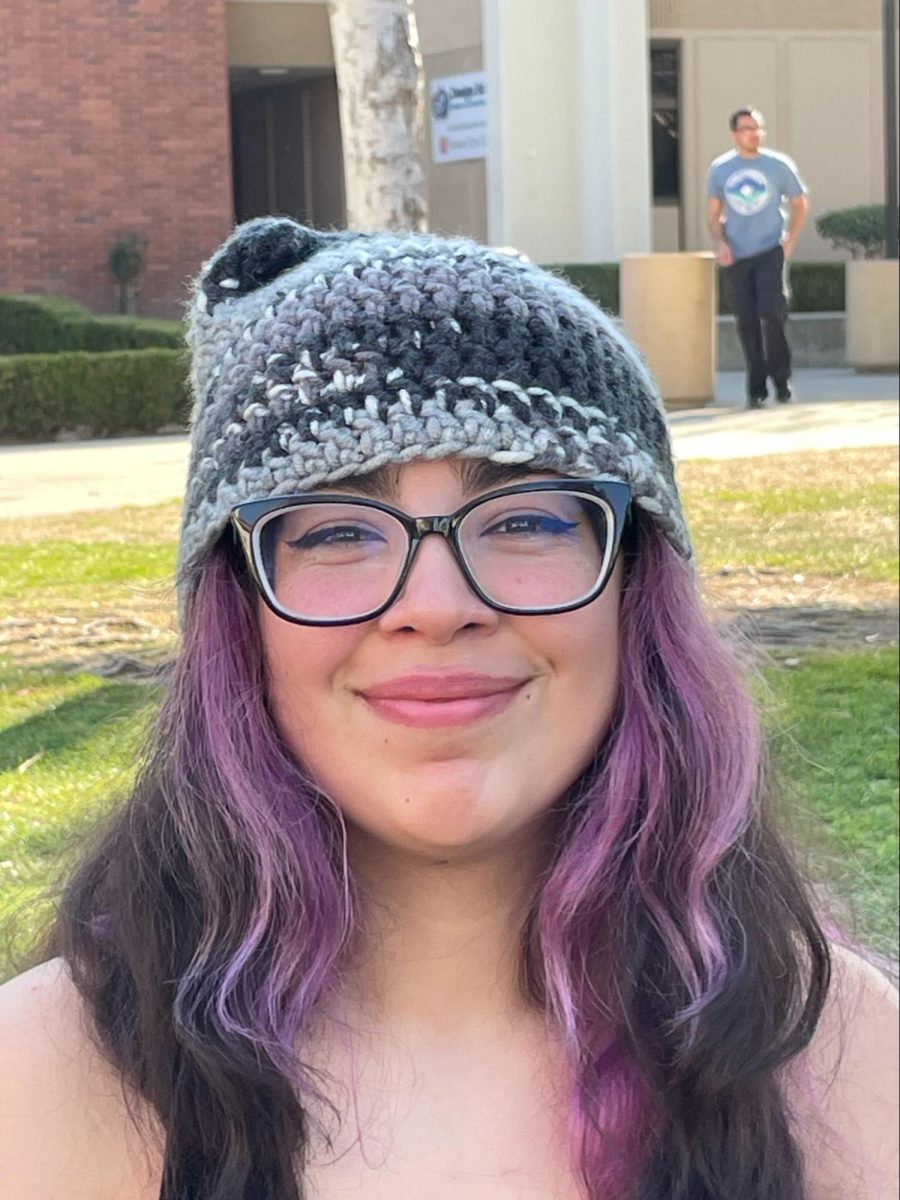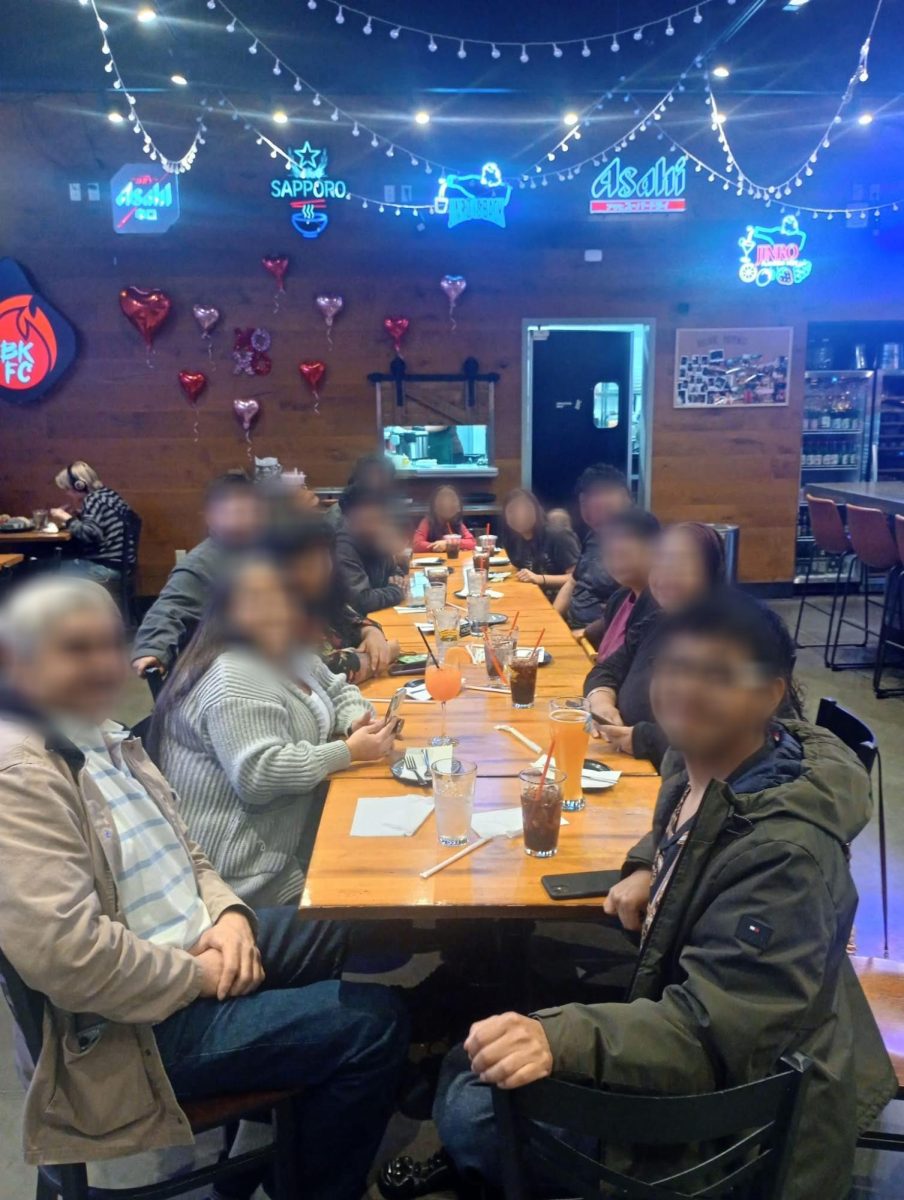I’ve experienced six U.S. elections throughout my time as an international student.
However, the buzz surrounding the 2024 election has more significance and tension than previous ones. Political conversations are everywhere, from TV news to casual discussions with friends.
It’s a unique experience to be surrounded by all this engagement but at the same time, I’m reminded that I don’t have the right to vote here.
International students may not have the same rights as U.S. citizens, but we’re still part of the community.
We attend classes and take part in the community activities, but we are watching from the sidelines looking in.
Decisions on immigration, education and international relations shape the environment in which I live and study, even if I’m only here for a limited time.
It’s a strange position to be in. Watching others make decisions that will affect me, without having a say in those decisions myself.
Elie Katshunga, a FCC international student from the Democratic Republic of Congo, mentioned that he initially wasn’t focused on the election due to his status as an international student.
“As the election went on, I started to pay more attention to it because the campaigns also discussed immigration and education, which would affect all of us whether we are citizens or not,” Katshunga said.
While I can’t cast a ballot, I still find ways to engage with the political process. Conversations with classmates, staying informed about the issues and offering my perspective all feel like a
contribution.
Democracy is about more than just voting, it’s also about the discussions and exchanges of ideas that shape how people approach various issues on
the ballot.
For now, my role is to observe and engage in my own way.
While I may not vote, I still encourage those who can to think carefully about the issues at stake.
The decisions made during this election will influence not just citizens, but everyone who calls this country home; even temporarily.







